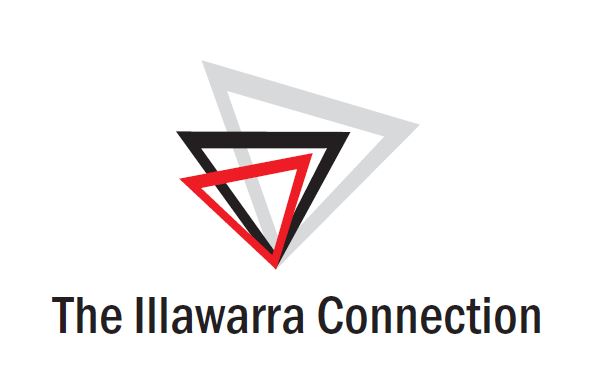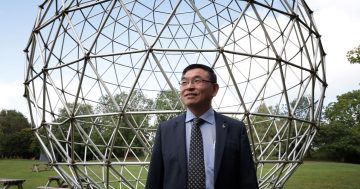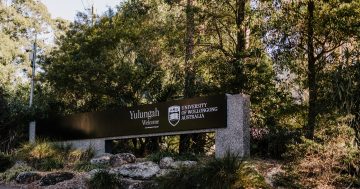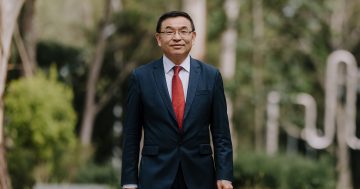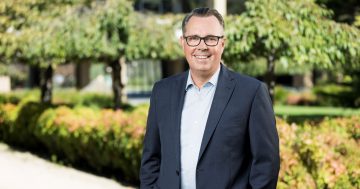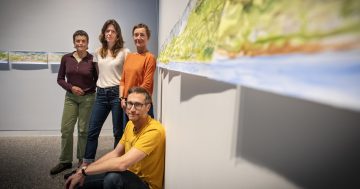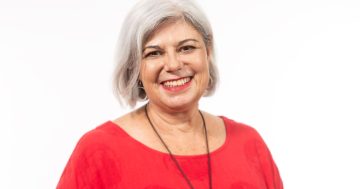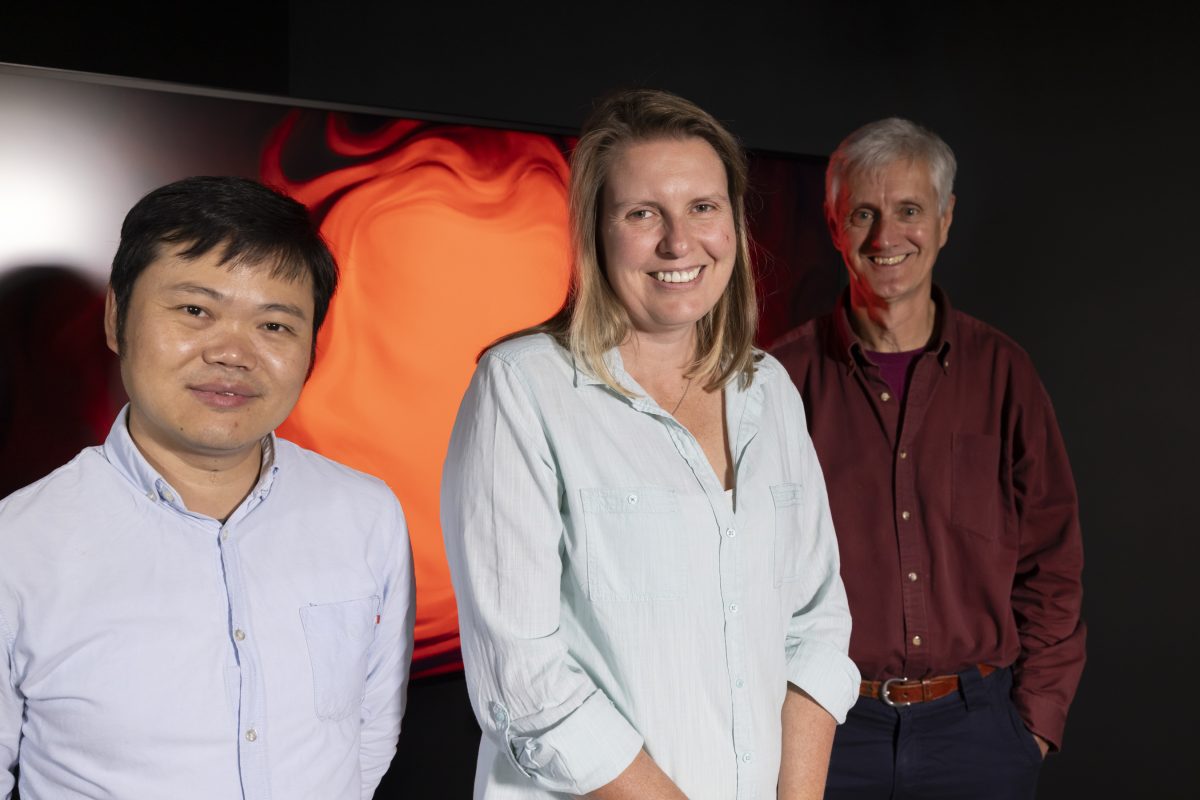
University of Wollongong researchers professors Bo Li, Zenobia Jacobs and Richard “Bert” Roberts. Photo: UOW.
Three University of Wollongong researchers nicknamed ‘The Time Travellers’ have made the prestigious Eureka Prize shortlist for their work investigating an ancient group of humans.
The Eureka Prizes are prestigious science awards presented annually by the Australian Museum to recognise and celebrate outstanding achievement in scientific research, innovation, and communication in Australia.
Professor Zenobia Jacobs, Professor Bo Li and Distinguished Professor Richard “Bert” Roberts developed a new method to date single grains of sand and collaborated with archaeologists, palaeoecologists and geneticists to shed new light on Denisovans, who were once widespread across Asia.
“We are the only species of human alive today, but two groups of ancient humans – the Neanderthals and their close cousins, the Denisovans – were once widespread across Europe and Asia. Denisovans were first identified from the ancient DNA recovered from a fossil finger bone found at Denisova Cave in Siberia,” Prof Jacobs said.
“The remains of this enigmatic human have since been discovered at only one other site, a cave in Tibet.
“We have pioneered new methods of dating sediments which have allowed us to construct firm timelines for the remains and activities of Denisovans at both sites, the changes in the local fauna and flora, and the climatic fluctuations they experienced.
“Working with archaeologists who examine stone and bone tools, scientists who study animal and plant fossils, and geneticists who analyse ancient DNA preserved in cave sediments, we have uncovered new clues to the life and times of our extinct human relatives.”
The Time Travellers entry is one of 55 on the shortlist for 18 Australian Museum Eureka Prizes. They are one of three finalists in the Eureka Prize for Excellence in Interdisciplinary Scientific Research, which is awarded for an outstanding research outcome achieved by a team of researchers from two or more unrelated disciplines.
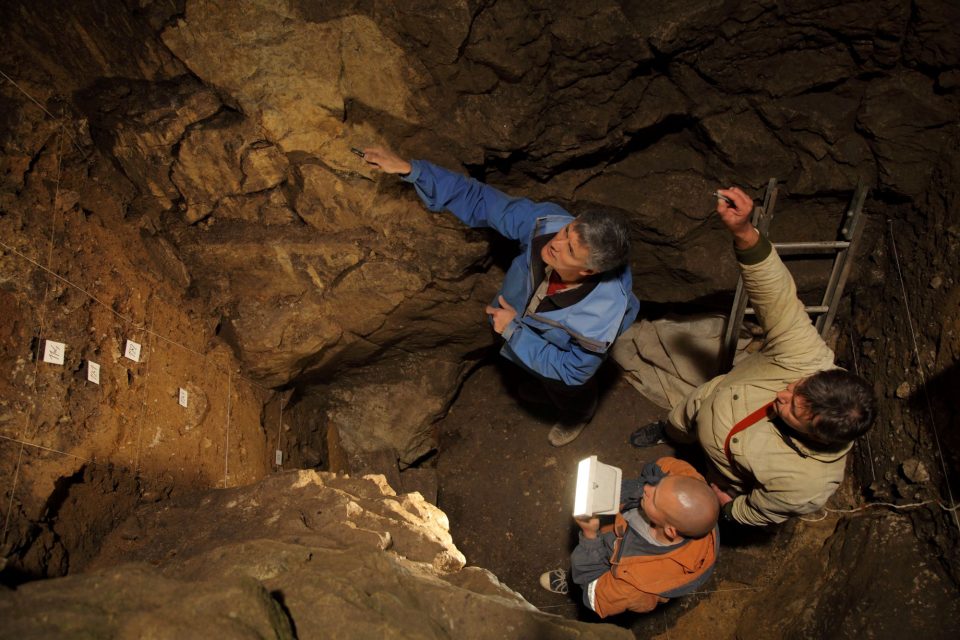
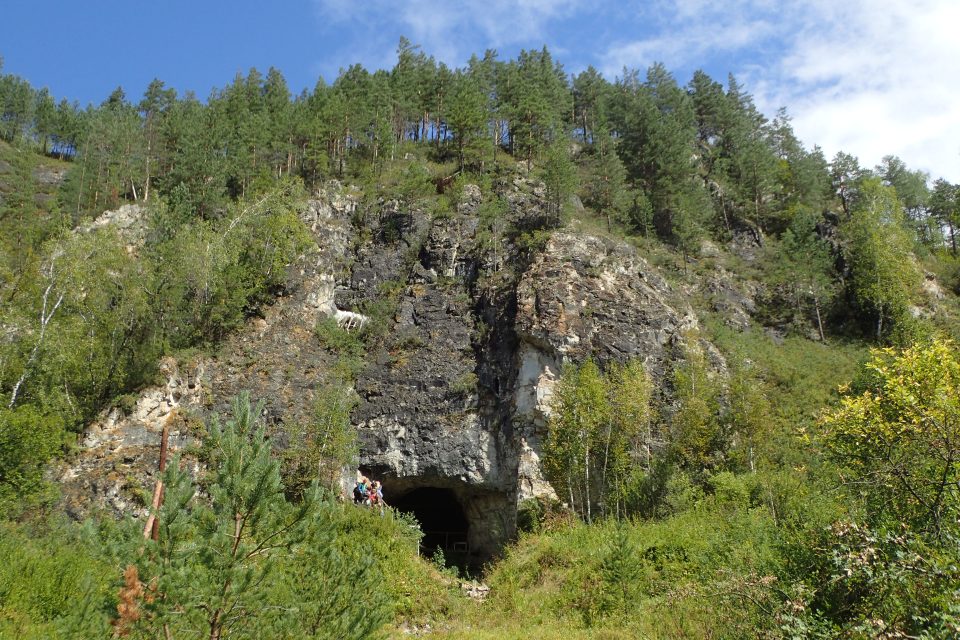
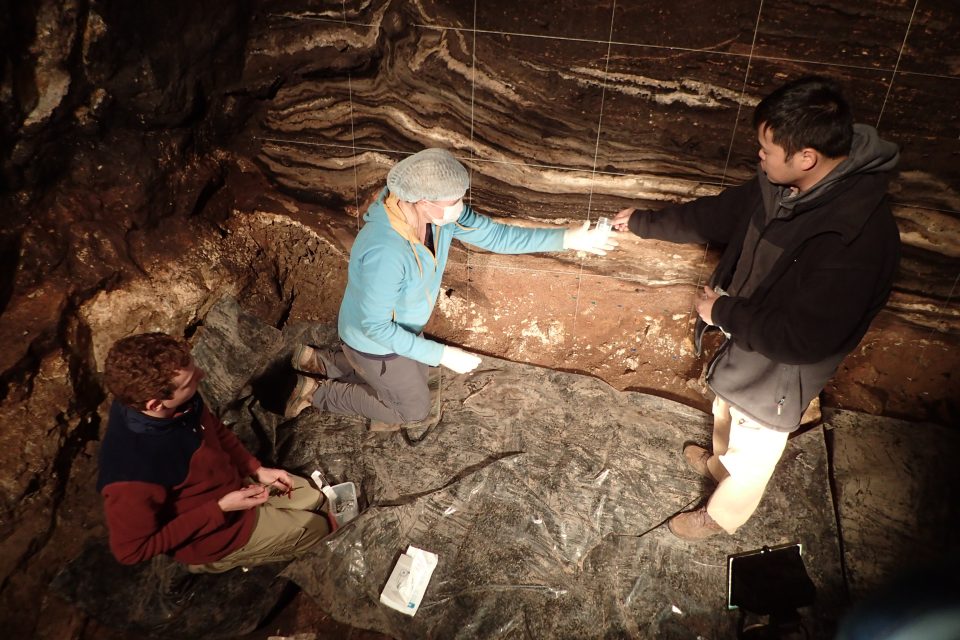
Professor Roberts told the UOW’s The Stand in 2019 that the discoveries in the Denisova Cave changed how we now think about human evolution.
“In the early 2000s, human evolution was widely considered to be a fairly simple story, with modern humans spreading out of Africa and replacing groups of archaic humans already living in Asia and Europe. But we now know that this is an oversimplistic view, and that a number of archaic humans survived into the same time period as modern humans, who also interbred with them,” Prof Roberts said.
“There were many interactions between modern and archaic hominins, and among different groups of archaic humans, and there may be other, now extinct, populations of humans that we don’t know about yet.
“We are starting to fill in the gaps of the evolutionary puzzle and are interested in tracking the dispersal of our ancient ancestors and trying to understand why modern humans are the only species that still exist.”
Prof Roberts said the Eureka Prize nomination recognised the importance of collaborative, interdisciplinary teamwork in extending the frontiers of knowledge about the human and environmental history of our planet.
“The project involves an international team of researchers, each with their own deep knowledge and expertise. The fascinating discoveries we’ve made about the Denisovans would not have happened without us joining forces to solve this intriguing puzzle,” he said.
Prof Li said: “A Eureka Prize nomination is a great honour for any scientist working in Australia. This category proves that there is great power in scientists of different disciplines working together to achieve a shared goal.”
UOW Deputy Vice-Chancellor and Vice-President (Research and Sustainable Futures) Professor David Currow said the University was honoured by the nomination and viewed it as well deserved recognition of the significant contributions made by these esteemed researchers.
“The Eureka Prize stands as the ultimate scientific acknowledgment in Australia, and we, as a university community, join together in congratulating Professors Roberts, Jacobs and Li. The whole community is proud to witness their impact on the world of science and archaeology being acknowledged on such a prestigious platform,” Prof Currow said.
Winners will be announced during a live broadcast on 23 August.




